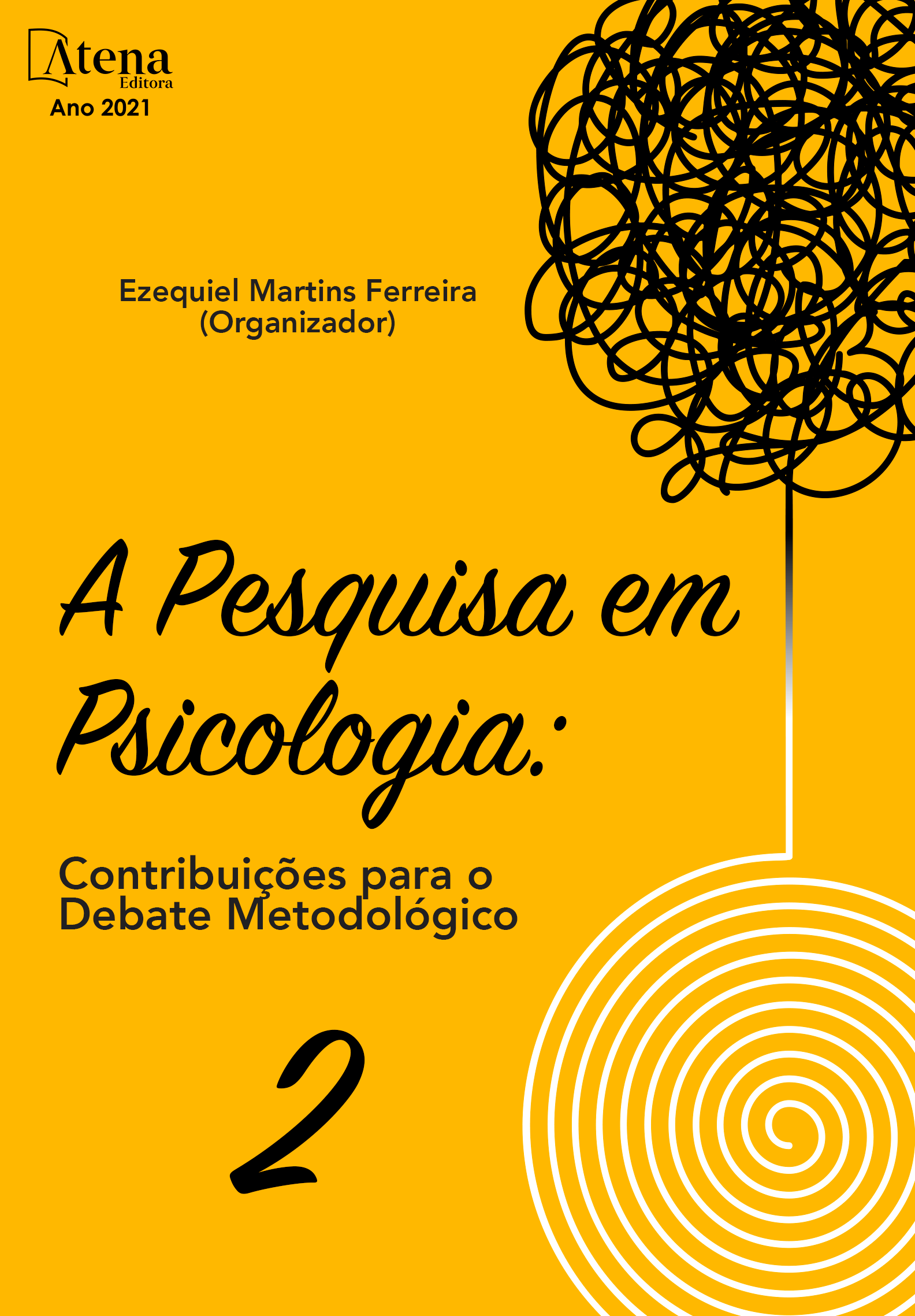
A COMPREENSÃO DOS SONHOS NA CLÍNICA FENOMENOLÓGICO-EXISTENCIAL: UM ESTUDO TEÓRICO
Os sonhos sempre permearam a existência humana gerando questionamentos acerca de seus sentidos e significados, não obstante, a psicologia também se interessou por esse fenômeno humano. Já em 1900, Freud abordava essa temática em sua obra “A interpretação dos sonhos”, sendo inegável sua contribuição, porém, com o desenvolvimento de outras abordagens psicológicas, novos estudos e reflexões sobre os sonhos foram surgindo. Nesse sentido, este estudo teve como objetivo compreender os sonhos na prática clínica fenomenológico-existencial, uma vez que esta temática é quase inexistente na literatura científica. Assim, neste estudo teórico, os dados foram coletados nas seguintes bases de dados cientificas: Scientific Eletronic Library Online (SCIELO), Portal de Periódicos Eletrônicos de Psicologia (PEPSIC) utilizando-se as seguintes palavras-chave: Psicologia clínica x Fenomenologia x existencialismo x sonhos. Inicialmente, foram encontrados onze estudos, sendo descartados sete, restando, portanto, quatro estudos para compor as análises. Embora tivéssemos poucos estudos disponíveis, foi possível compreender os estados oníricos com base nas vertentes da Gestalt, Daseinsanálise e Análise Sartriana. De modo geral, os sonhos são compreendidos como eventos diretamente relacionados ao estado de vigília e seu manejo clínico visa buscar elementos significativos que podem estar relacionados aos conflitos existenciais, auxiliando o paciente na maximização da consciência, alcançando, dessa forma, maior clareza sobre si mesmo.
A COMPREENSÃO DOS SONHOS NA CLÍNICA FENOMENOLÓGICO-EXISTENCIAL: UM ESTUDO TEÓRICO
-
DOI: 10.22533/at.ed.3032102096
-
Palavras-chave: Psicologia Clínica, Fenomenologia, Existencialismo, Sonhos
-
Keywords: Clinical Psychology, Phenomenology, Existentialism, Dreams
-
Abstract:
Dreams have always permeated human existence, generating questions about their senses and meanings, however, psychology was also interested in this human phenomenon. As early as 1900, Freud addressed this theme in his work “The interpretation of dreams”, his contribution being undeniable, however, with the development of other psychological approaches, new studies and reflections on dreams emerged. In this sense, this study aimed to understand dreams in existential-phenomenological clinical practice, since this theme is almost non-existent in scientific literature. Thus, in this theoretical study, data were collected in the following scientific databases: Scientific Electronic Library Online (SCIELO), Psychology Electronic Journal Portal (PEPSIC) using the following keywords: Clinical Psychology x Phenomenology x Existentialism x dreams. Initially, eleven studies were found, seven were discarded, leaving, therefore, four studies to compose the analyses. Although we had few studies available, it was possible to understand the dream states based on the Gestalt, Daseins-analysis and Sartrian Analysis strands. In general, dreams are understood as events directly related to the waking state and their clinical management aims to seek significant elements that may be related to existential conflicts, helping the patient to maximize consciousness, thus achieving greater clarity about himself.
-
Número de páginas: 15
- Felipe da Silva Bazilio
- Maria de Fátima Belancieri


